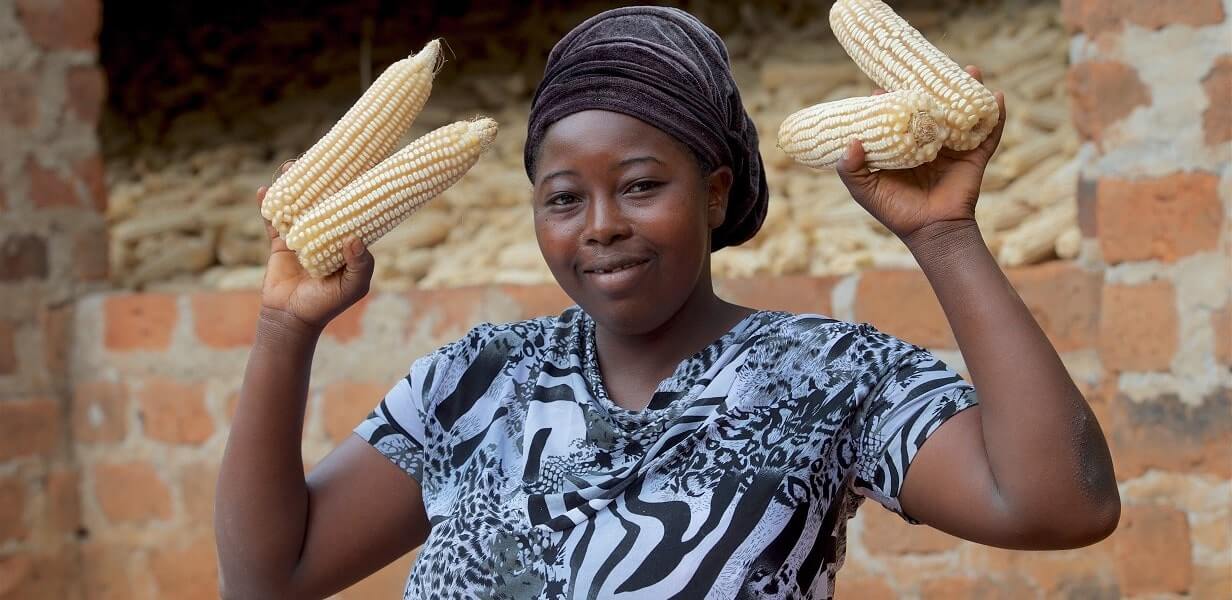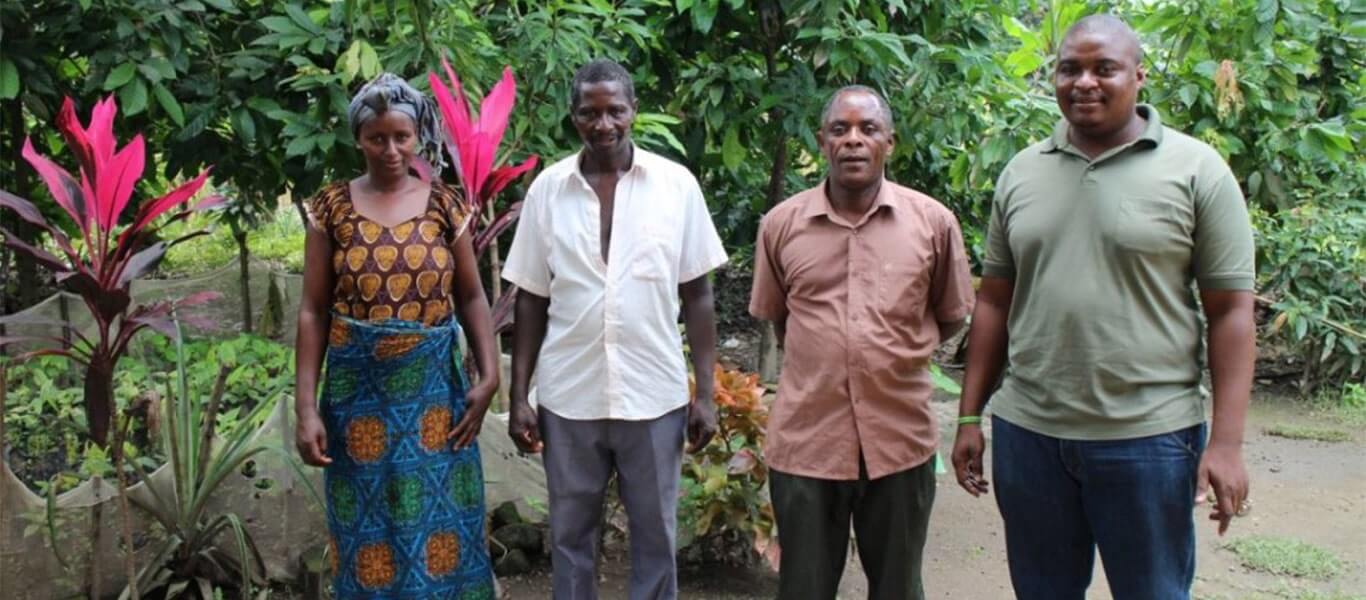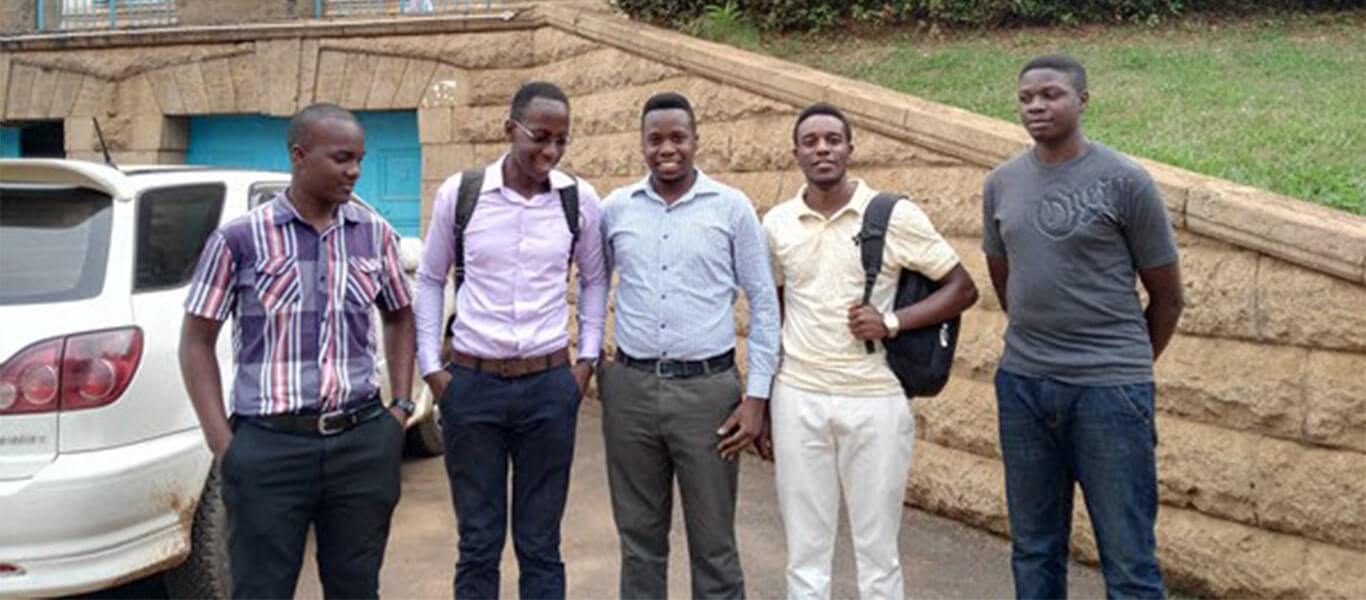TMA is supporting SEATINI in Uganda to build capacity for export trade, specifically for maize and sesame, two key Uganda staples. The project is recording wins: hundreds of Farmers in Uganda’s Nakaseke district are now earning UGX 700 from 400 UGX for graded and sorted maize, according to an independent evaluation. As Kamya Kirubira leads us through a syrup-coloured maize field in his home district of Nakaseke in Central Uganda, the hard leaves scratch gently against our skin, assuring us the crop is as dry as it looks. Juxtaposed against a powder blue sky, the rows of maize are an idyllic scene that could have come straight from the front of a well-branded breakfast cereal box. This is Nakaseke today. Maize is in high demand in East Africa. It is the foundation of every staple food, in every country in the region. Every morning, afternoon and evening, middle class families sit down to eat maize, whether in the form of a roasted maize cob, a bowl of ugali (maize porridge), a fried chapatti, or an intoxicating local brew. Kenya is opening up to Ugandan maize and other markets will surely follow, but only if the maize makes the grade. In fact, the demand for this cereal crop far outweighs its production in East Africa. Yet, by Kamya’s own accounts, he wasn’t always the 40-acre owning commercial farmer he is now, and Nakaseke wasn’t always hailed as a model district for maize growing. In fact in 2013, when the World...
Earning respect from buyers, one maize kernel at a time
Posted on: July 13, 2016
Posted on: July 13, 2016
























